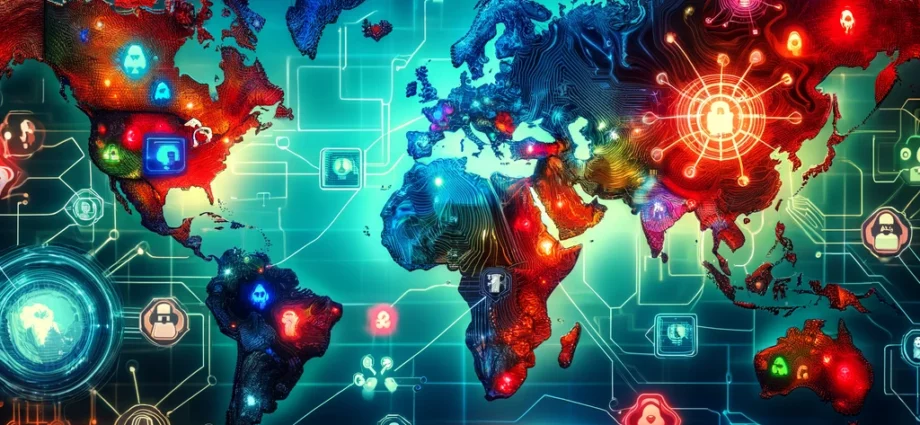A recent report by CrowdStrike reveals an alarming trend: state-linked hackers and hacktivists are utilizing generative AI tools like ChatGPT to enhance cyberattacks and disinformation campaigns targeting global elections in 2024, posing unprecedented challenges to cybersecurity and democracy.
Key Points:
- State-linked actors and hacktivists from countries including Russia, China, North Korea, and Iran are leveraging generative AI tools to carry out sophisticated cyberattacks and disinformation campaigns against nations like the U.S., Israel, and European countries.
- The widespread use of generative AI in cyber operations threatens to significantly increase the quality and speed of disinformation campaigns, potentially impacting the outcome of elections with half the world’s population voting in 2024.
- Tech companies like OpenAI and Microsoft are implementing measures to combat the misuse of AI tools in cyberattacks, although the full extent of these efforts’ effectiveness remains to be seen.
Detailed Summary:
The cybersecurity landscape is rapidly evolving, with generative AI tools such as ChatGPT at the forefront of this transformation. According to a global threats report by cybersecurity leader CrowdStrike, a wide range of attackers, including state-linked hackers and allied hacktivists, are increasingly turning to these AI technologies to enhance their capabilities. This trend is especially concerning as it comes ahead of the 2024 elections, a pivotal moment with significant global participation anticipated.
The report underscores that adversaries from nations like Russia, China, North Korea, and Iran are actively experimenting with generative AI to refine their strategies against targets in the U.S., Israel, and various European countries. This new arsenal enables them to conduct more sophisticated cyberattacks and create highly convincing disinformation campaigns. Adam Meyers, CrowdStrike’s head of counter-adversary operations, emphasizes the growing threat, predicting that the situation will worsen as these actors continue to harness AI technologies, thereby democratizing the tools necessary for high-impact cyber operations.
Amid these challenges, tech giants are not sitting idle. OpenAI, the organization behind ChatGPT, has announced initiatives aimed at curbing the spread of disinformation and misuse of AI tools in the lead-up to the 2024 elections. Similarly, Microsoft has highlighted the use of AI by state-backed hackers to refine their cyberattack techniques, though significant attacks leveraging these technologies have yet to be documented. These developments mark a critical juncture in the fight against cyber threats, with the effectiveness of countermeasures against the innovative use of generative AI by malicious actors remaining a key area of concern. As the digital battlefield expands, the stakes for cybersecurity in the context of global elections have never been higher, signaling a pressing need for vigilant and adaptive defensive strategies.
Source: Hackers Could Use ChatGPT to Target 2024 Elections
Keep up to date on the latest AI news and tools by subscribing to our weekly newsletter, or following up on Twitter and Facebook.







